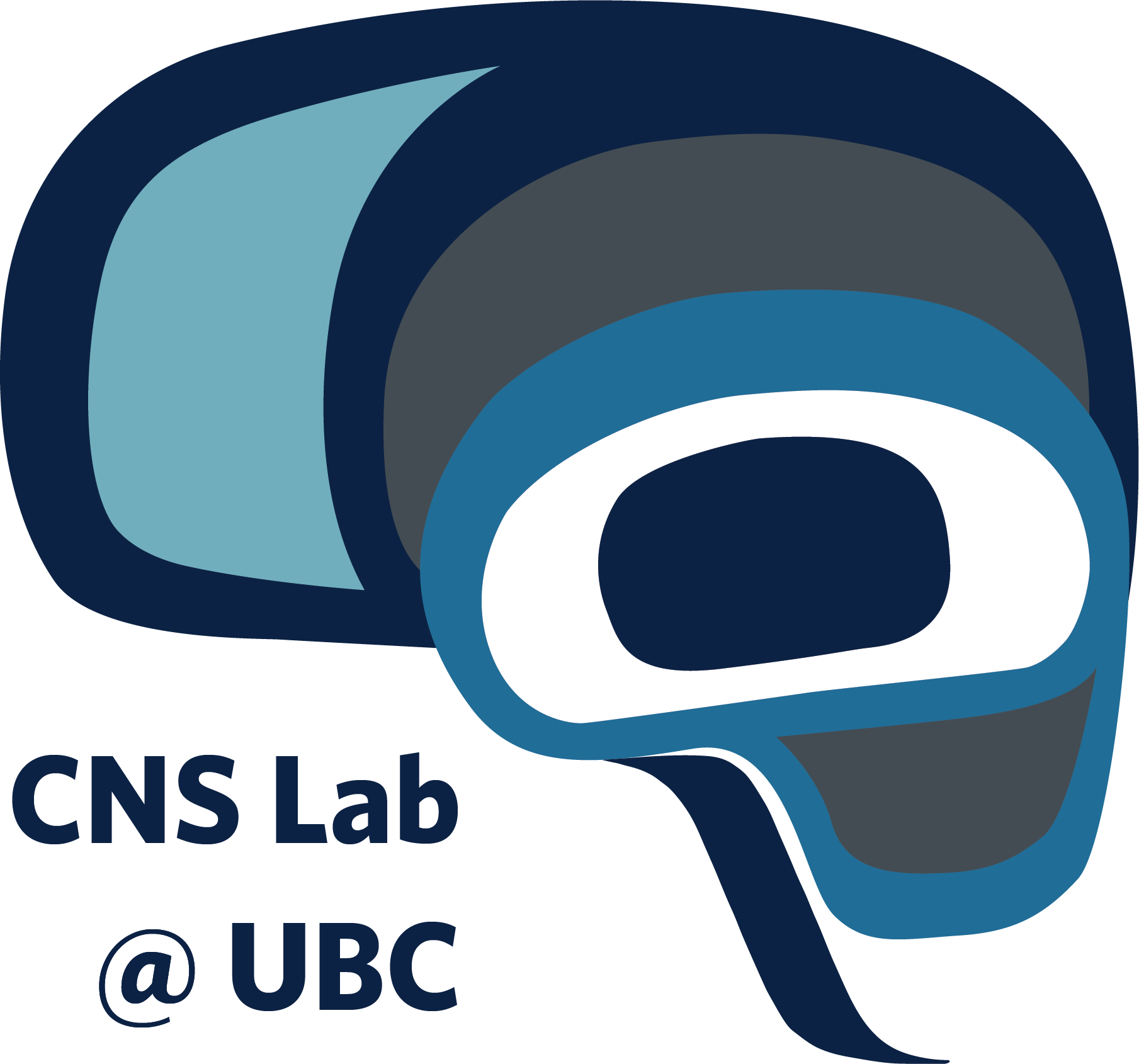What we study
We do traditional neuropsychological research that examines psychological (cognitive, behavioural, and emotional) consequences of brain injury or illness. However, we are especially interested in how people think about and cope with neurological symptoms such as memory problems and sensory sensitivity, how coping behaviours influence the experience and expression of symptoms, and how we can reduce symptoms and disability with rehabilitation interventions that facilitate adaptive coping. In other words, we study the psychological determinants of health in neurological disorders. Concussion (mild traumatic brain injury) is a major focus of our research, as it is a useful clinical model for understanding how people cope with neurological symptoms. We also study the implementation of evidence into clinical care for patients with concussion.
Examples of active research projects
Graded exposure therapy for fear avoidance behaviour (GET FAB) after concussion
How people cope with their symptoms following concussion powerfully influences their recovery. We recently learned that fear avoidance behaviour is a particularly unhelpful approach to coping, in which people perceive their pre-injury activities as unnecessarily dangerous and take great care to avoid overexertion and overstimulation. We developed and pilot tested a psychological therapy, called graded exposure therapy, to reduce fear avoidance behaviour. Our preliminary work suggested that graded exposure therapy was acceptable to patients with concussion and beneficial for their recovery. In the present study, patients will be recruited from a network of concussion clinics across Canada. Patients will be assigned at random to a treatment-as-usual control group, graded exposure therapy group, or a group receiving another kind of therapy that might have similar benefits (prescribed aerobic exercise). We expect that patients who participate in graded exposure therapy will have reduced fear avoidance behaviour and post-concussion symptom severity compared to other treatment conditions and this difference will be greatest for patients who enter the study with high fear avoidance behaviour. See Clinicaltrials.gov for details. Co-investigators: Andrew Baker, Mark Bayley, Matthew Burke, Chantel Debert, Will Panenka, Debbie Snell, Ana-Maria Vranceanu, Keith Yeates.
Functional cognitive disorder after concussion: Mechanisms to treatment
People often experience memory and other cognitive problems that are not fully explained by brain injury or disease. It is not well understood how “functional” cognitive symptoms develop and persist. We are investigating mechanisms underlying functional cognitive symptoms following concussion with multiple experimental modalities, including questionnaires (e.g., of personality traits), performance-based neuropsychological and metacognitive testing, electroencephalography, electrodermal activity, and magnetic resonance imaging. We also completed a pilot feasibility randomized controlled trial of a novel cognitive behavioural therapy protocol tailored to functional memory symptoms after concussion. Our lab was recently funded to undertake a multisite clinical trial to evaluate the effectiveness of this intervention. See Clinicaltrials.gov for details. Co-investigators: Daniella Palombo, Joelle LeMoult, Will Panenka, David Perez, Julia Schmidt, Rebecca Todd, Andrew Howard, Mark Bayley, Matthew Burke, Chantel Debert, Carmela Tartaglia.
